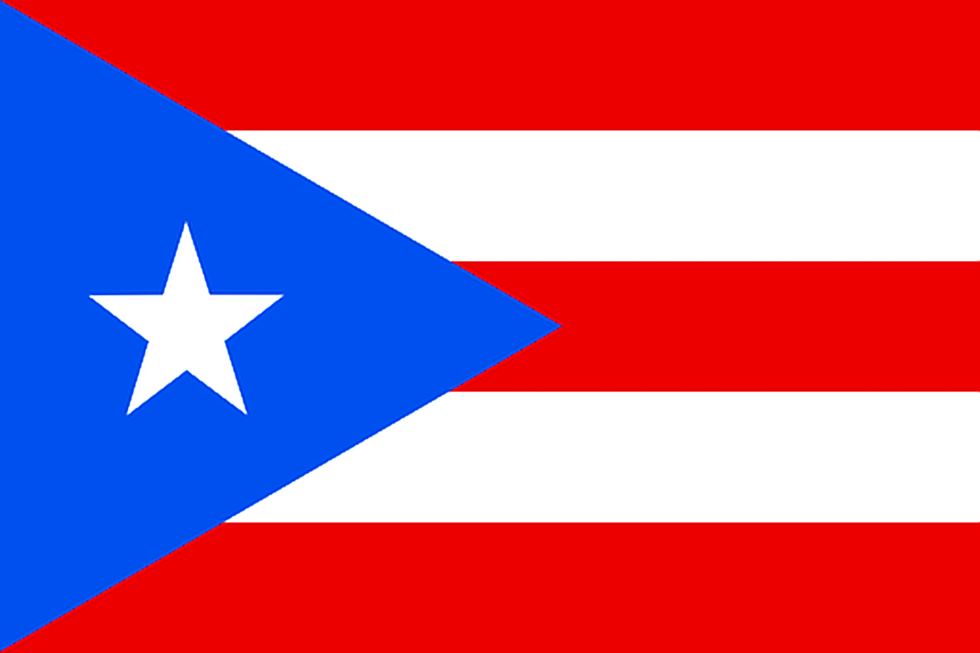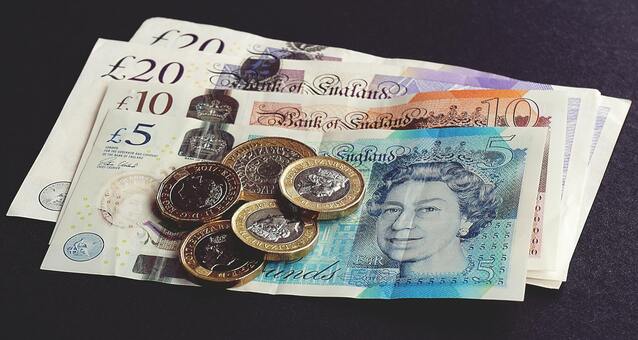Do Puerto Rico Residents Owe US Tax?

Puerto Rico is considered an unincorporated United States territory, so the rules for residents of Puerto Rico are a little different than for residents of the 50 states. The determination of whether you owe US income taxes depends on your residency status and your income source.
Do Residents of Puerto Rico pay federal taxes?
The main question here is ‘does Puerto Rico residents pay federal taxes’. In general, if you made your principal residence in Puerto Rico for a minimum of 183 days in the tax year, you are a bona fide resident of Puerto Rico and are exempt from submitting a United States federal income tax return or to pay federal income taxes. However, if you earn income from places not in Puerto Rico, are an employee of the federal government, or a military member, you do need to submit a tax return and be subject to US tax on that portion of income. Even then, income from a source in Puerto Rico is still excluded.
Non-Residents
If you do not meet the PR residency requirements, you must submit a tax return to report your income from any source. Therefore Puerto Ricans who move abroad or to the mainland must file a US tax return.
There is one exception. This exception applies to those taxpayers who were residents of Puerto Rico for a minimum of two years prior to their move to the mainland. Income received from sources in Puerto Rico during the year the move occurred can be excluded from income reporting.
Credits, Deductions, and Exemptions
The credits and deductions that can be taken on federal tax returns cause a little more confusion. If you have a mix of reportable income and excludable income, many credits and deductions cannot be allocated to the income that is excluded. As an example, if half your income is from sources in Puerto Rico (so it does not need to be reported), then you are only allowed half of the standard deduction. The same concept is also applicable to itemized deductions (e.g., medical expenses and mortgage interest), as well as alimony.
Also read. Standard vs itemized deduction
You are allowed to take the full personal exemption, and you are also allowed to take credit for taxes paid to the Puerto Rican government.
Payroll Taxes
Puerto Ricans' payroll taxes are the same as if you were in the US mainland. Regardless of whether your wages were earned in Puerto Rico or on the mainland, you are still required to pay the full amount of FICA tax (which pays for Medicare and Social Security). Employers must pay their portion of the tax as well. Of course, any local taxes levied by the Puerto Rican government must also be paid.
Do I have to file a Puerto Rico tax return?
If you're a bona fide resident of Puerto Rico during the entire tax year, you generally aren't required to file U.S. federal income tax returns if your only income is from sources within Puerto Rico. However, if you also have income from sources outside of Puerto Rico, including from U.S. sources, you're required to file a U.S. federal income tax return if such amount is above the U.S. filing threshold. Nevertheless, a bona fide resident of Puerto Rico with a U.S. filing obligation, generally won't report Puerto Rican source income on a U.S. income tax return.
You are not a bona fide resident of Puerto Rico
If you are not a bona fide resident of Puerto Rico during the entire tax year, you will instead file the following returns:
- A Puerto Rico tax return reporting (Form 482) only your income from Puerto Rico. Wages for services performed in Puerto Rico, whether for a private employer, the U.S. Government, or otherwise, is income from Puerto Rico.
- A U.S. tax return (Form 1040) reporting all worldwide income. If you are double-taxed by both the U.S. and Puerto Rico, you can claim a foreign tax credit on Form 1116 for the income taxes paid to Puerto Rico.
How much does Puerto Rico pay in federal taxes?
If you're a bona fide resident of Puerto Rico and can exclude your Puerto Rican source income on your U.S. income tax return, you must determine your return filing requirement based on the filing thresholds shown in the individual tax return instructions. For more information on who are considered bona fide residents of Puerto Rico and how to determine the amount of income that requires filing a U.S. income tax return, refer to Publication 570 and Publication 1321.
Does Puerto Rico pay American taxes
People often ask ‘do residents of Puerto Rico file US tax returns’. If you're a bona fide resident of Puerto Rico during the entire tax year, you generally aren't required to file a U.S. federal income tax return if your only income is from sources within Puerto Rico. U.S. citizens and resident aliens who aren't bona fide residents of Puerto Rico during the entire tax year are required to report all income from worldwide sources on their U.S. income tax return. However, a U.S. citizen who changes residence from Puerto Rico, and who was a bona fide resident of Puerto Rico for the two years before changing residency, can exclude from his or her U.S. income tax return the Puerto Rican source income that is attributable to the part of the year he or she was a bona fide resident of Puerto Rico.
Does Puerto Rico have to pay taxes and what taxes does Puerto Rico pay
If you move to Puerto Rico under the provisions of recent legislation, you can retain your American citizenship and still pay no taxes to the IRS. You will have to pay territorial taxes in Puerto Rico, but these are much more modest.



